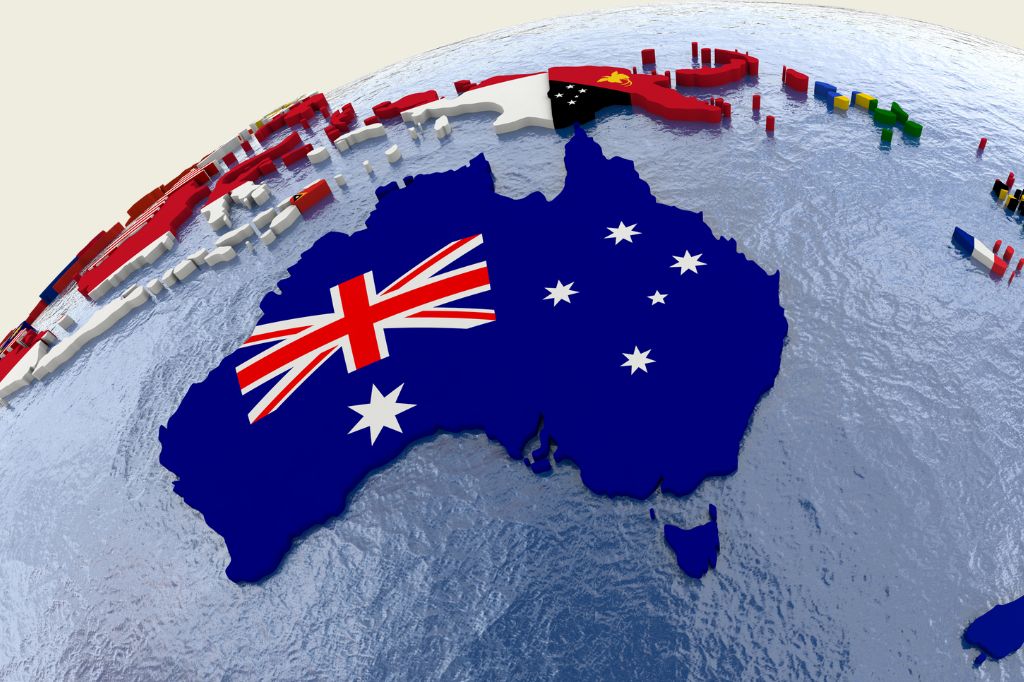Artists and climate activists in Australia are urging for an immediate halt to what has been dubbed the “bad romance” between arts organizations and fossil fuel companies. This comes in light of a new groundbreaking report from Swinburne University of Technology, titled “Bad Romance: Coal, gas, and oil sponsorship in the Australian arts industry.” Scheduled to launch on Thursday, August 10, the report reveals fascinating insights into the relationships between arts and fossil fuel companies.
Key Findings of the Report
Commissioned by the climate activist group 350 Australia, the report unveils:
- Declining Partnerships: The alliances with fossil fuel-related organizations in the arts sector have been dwindling, mainly driven by public demand.
- Regional Concentration: 6.3% of the 127 major arts organizations surveyed have affiliations with fossil fuel extraction companies, primarily located in Western Australia and the Northern Territory.
- Financial Relevance: The minor financial support provided by fossil fuel sponsors could be replaced, whereas benefits that arts offer to these corporations would be harder to substitute.
- Reputational Risks: The potential damage to the reputation of arts organizations for associating with fossil fuel companies.
- Diverse Partnerships: Collaborations exist across various art forms including symphony orchestras, major festivals, museums, galleries, dance, and theatre companies.
Voices from the Field
Prominent figures in the arts industry have been vocal about their stance:
Swinburne University Associate Professor Adam Karg highlights, “Our research shows there remain numerous active sponsorships with fossil fuel generating companies within the arts sector, with many of these linked to specific regions where mining activities take place.”
“Similar to sport and other high involvement sectors, we have seen the number of partnerships with fossil fuel related organisations in the arts sector decrease in recent years. This has often been a response to increasing calls from communities demanding high levels of alignment between organisational values of organisations and the commercial partnerships they hold and support.”
Award-winning filmmaker Maya Newell emphasizes the ethical imperative to reject funds contributing to the climate crisis. “I can no longer see a situation where I could use funds that actively contribute to the climate catastrophe we are in, even if that was somewhat offset by beautiful important work. We need to come together as a sector and work on ways to enable all of us to make these important ethical transitions”
350 Australia CEO Lucy Manne calls for a collective stance against fossil fuel company greenwashing. “July 2023 has been confirmed as the hottest month on record, as people flee wildfires and suffer through extreme heat across the northern hemisphere. Meanwhile, as the world burns, fossil fuel companies are making obscene profits by pouring fuel on the fire. As we reckon with the terrifying impacts of the climate crisis, art can help us create a new and kinder world. But the arts are being used by fossil fuel companies to buy public support, through sponsorships that allow them to plaster their logo across festivals, galleries, concert halls and theatres.”
Arrernte playwright Declan Furber Gillick condemns associations with fossil fuel companies as detrimental. “The fossil fuel industry has much to gain from associating itself with us – both ideologically and economically. But we have nothing to gain from associating with them. Associations, donations and sponsorship from the fossil fuel industry are increasingly seen as a form of blacklisting for forward-thinking organisations in the arts and beyond. Artists and arts workers have had enough. The stage, the page and the arts workers’ wage are no place for climate-change hush money.”
Recent Actions and Momentum
The demand to end partnerships with fossil fuel companies is growing in various sectors, including sports and cultural organizations. Recent examples include Cricket Australia dropping Alinta, Santos being removed from the Darwin Festival, and Questacon severing ties with Shell and Inpex.
According to 350 Australia’s national campaign, Cut All Ties, 10 organizations have committed to refuse funding from fossil fuel companies, and 16 have recently broken off with such partners.
Also read: Delivery Hero Surpasses Expectations: Positive Adjusted EBITDA and 18% GMV Growth Outside Asia – A Comprehensive Analysis of Q2 2023 Report
A Time for Change
The Swinburne University report and the voices of artists, activists, and organizations amplify the call for a paradigm shift. As the climate crisis looms large, the need for ethical alignment is more pressing than ever. The “bad romance” between the arts industry and fossil fuel companies is unraveling, making way for a new era where arts may flourish without the shadow of environmental compromise.
Legal Disclaimer: The Editor provides this news content "as is," without any warranty of any kind. We disclaim all responsibility and liability for the accuracy, content, images, videos, licenses, completeness, legality, or reliability of the information contained in this article. For any complaints or copyright concerns regarding this article, please contact the author mentioned above.
















